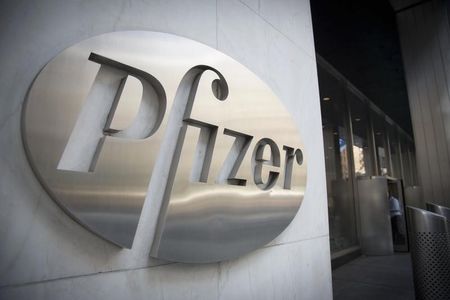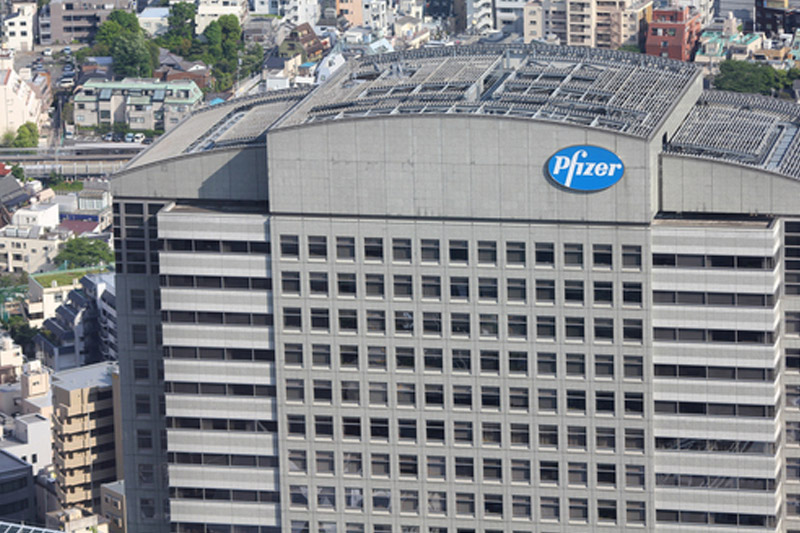By Nate Raymond NEW YORK (Reuters) - Pfizer Inc (N:PFE) won the dismissal Tuesday of a long-running shareholder class action accusing the company of misleading investors about the safety of its Celebrex and Bextra pain-relieving drugs.
The ruling by U.S. District Judge Laura Taylor Swain in New York came ahead of a Sept. 9 trial in the case, which investors launched in 2004 and followed an earlier ruling precluding testimony by the plaintiffs' damages expert.
A lawyer for the plaintiffs, James Sabella, had acknowledged at a hearing after that May ruling that "without a damages expert a securities fraud trial can't be tried."
They sought to amend a report issued by their expert, Daniel Fischel, a former dean of the law school at the University of Chicago whose methodology for calculating damages Swain had found to be flawed.
Swain, however, said the plaintiffs did not deserve a second chance and agreed with Pfizer the case should be dismissed.
"Plaintiffs' failure to proffer admissible loss causation and damages evidence is fatal to plaintiffs' claims," Swain wrote.
Pfizer in a statement said it was pleased with the ruling, adding it "has always believed the evidence in this case demonstrates that the company's historical statements about Celebrex and Bextra were accurate."
Sabella, a partner at law firm Grant & Eisenhofer who represented lead plaintiff Teachers' Retirement System of Louisiana, did not immediately respond to a request for comment.
The class action, which Swain had previously certified, covered investors who bought Pfizer stock between October 31, 2000, and October 19, 2005.
Concerns about the safety of Celebrex and Bextra began to mount following the release of medical studies in late 2004, when rival Merck & Co Inc (N:MRK) withdrew its own Vioxx drug from the market because of associated cardiovascular risks.
The lawsuit contended before fall of 2004, Pfizer and its executives hid material results of tests conducted starting in 1998 regarding the safety of Celebrex and Bextra that indicated similar risks.
Revenues from Celebrex and Bextra fell by over $2 billion in the first nine months of 2005 after the safety concerns were made public, the lawsuit said.
The company's market capitalization meanwhile dropped by $68.4 billion between October 2004 and October 2005, the lawsuit said.
Pfizer pulled Bextra from the U.S. market in April 2005 at the recommendation of the U.S. Food and Drug Administration.

In September 2009, Pfizer agreed to pay $2.3 billion to settle a U.S. Department of Justice probe into the marketing of drugs including Bextra.
The case is In re: Pfizer Inc Securities Litigation, U.S. District Court, Southern District of New York, No. 05-md-01688.
(Reporting by Nate Raymond in New York; Editing by Cynthia Osterman)
